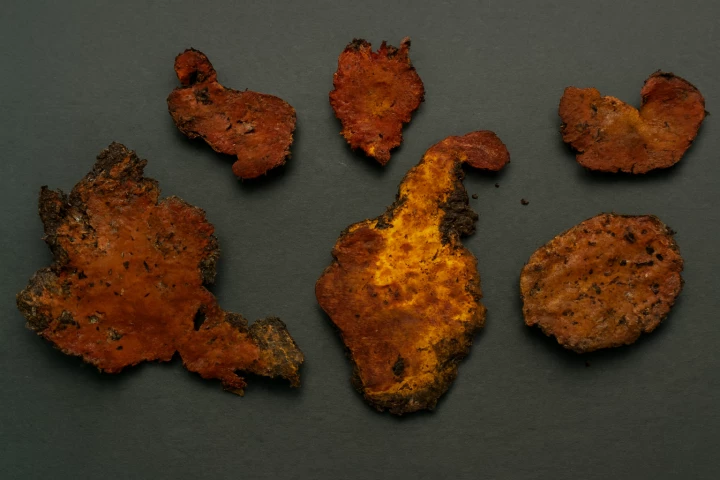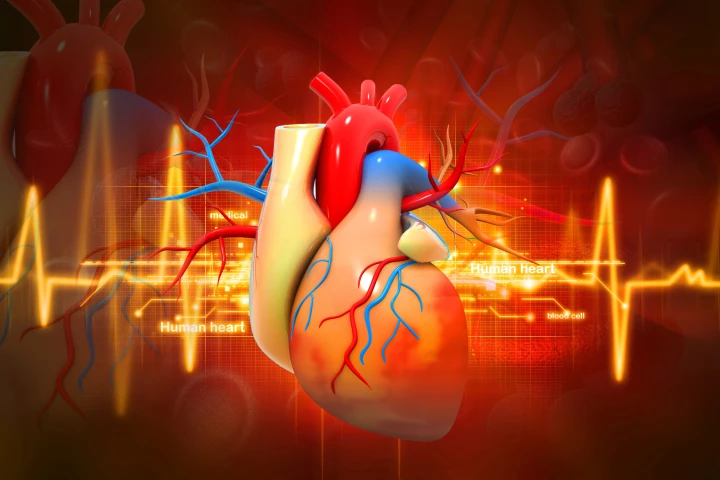National Taiwan University
-
From silver nanofibers to smart, sensory-packed dressings, the next generation of wound-healing technology is blurring the line between biology and engineering. A new review has looked at what’s better, the old or the new.
-
A surprising trigger for hair regrowth may lie in the body’s fat cells. Researchers have shown that mild skin irritation can trigger fat cells to go into panic mode, sending signals to dormant follicles that can fuel new hair growth within weeks.
-
When someone collapses from a heart attack, chances of survival fall 10% with every passing minute without defibrillation. Now, scientists have come up with a novel way to reach cardiac arrests faster – using food-delivery riders as first responders.
-
A newly discovered compound from a bright orange fungus found lodged on trees only in the mountains of Taiwan has been found to not only effectively block inflammation signals, but it can also press pause on the proliferation of cancer cells.
-
For the first time, surgeons have successfully performed a heart transplant in which the donor organ never skips a beat, limiting muscle damage and improving acceptance and recovery. It ushers in a new era of our approach to this lifesaving operation.
-
Goosebumps are a weird quirk of our bodies that science doesn’t fully understand. Now, researchers at Harvard have uncovered a biological reason for the reaction: it’s our bodies’ way of stimulating stem cells to drive new hair growth.
-
When it comes to frivolous gadgets, fidget spinners would seem to be one of the most … well, frivolous. Recently, however, scientists from National Taiwan University discovered that the devices could be used for blood sample analysis in impoverished regions.
-
Chitin, which occurs in crustacean shells, has already been suggested for use in things like wound dressings, cheaper pharmaceuticals, and even proton-conducting transistors. Now, researchers have found that when combined with silver, it could also be used to kill malaria-spreading mosquitoes.
-
To recognize the burgeoning field of robot art, a new contest has been launched by website RobotArt.org, and you can help determine which mechanical painter will win.
-
Most artificial muscles can only expand in one direction, or contract in the other. Now, however, scientists from National Taiwan University have gotten around that limitation using gold-plated onion cells.









